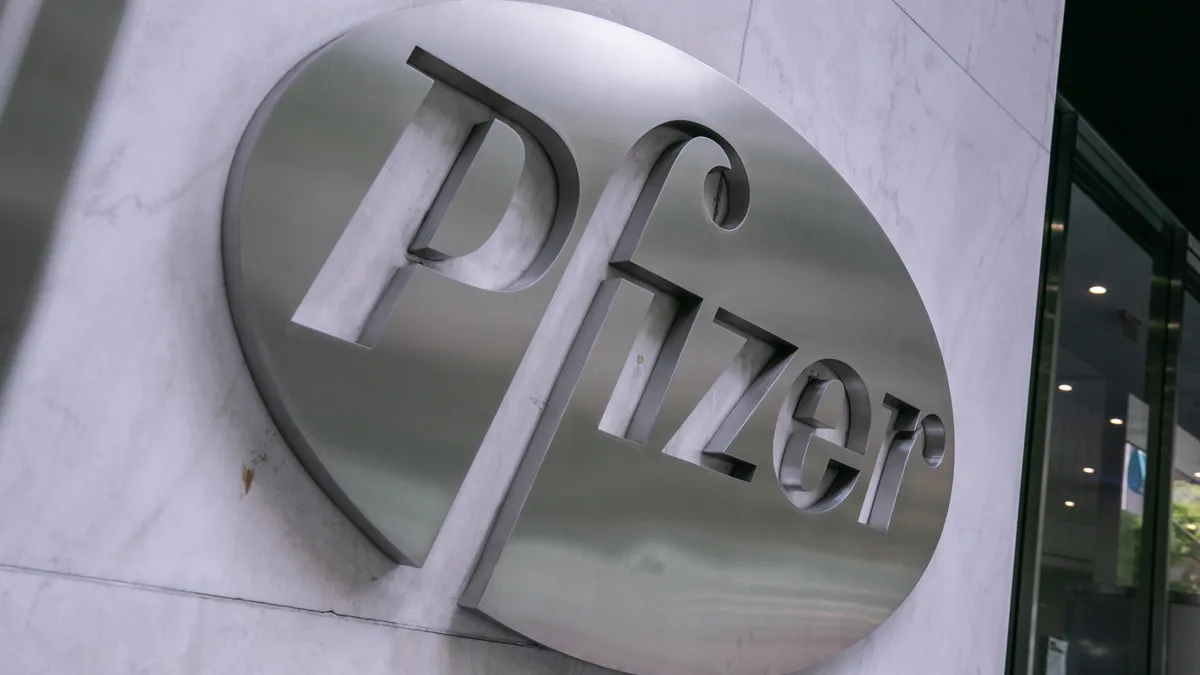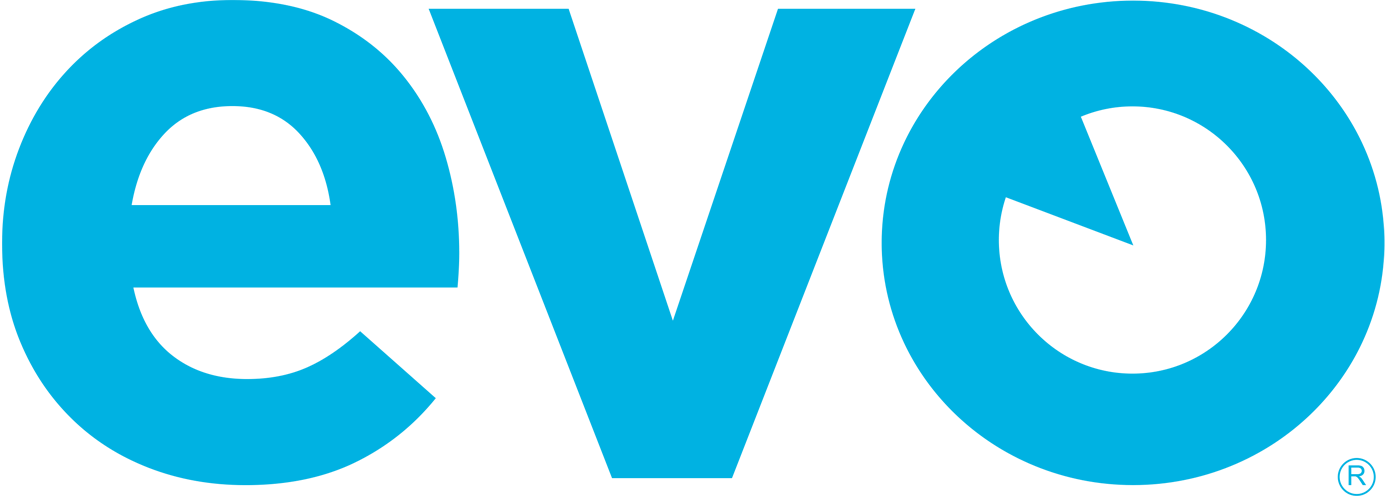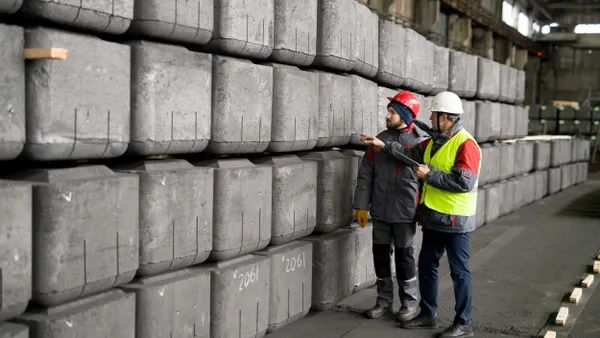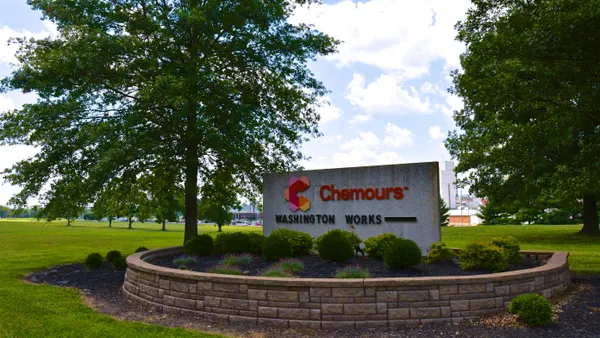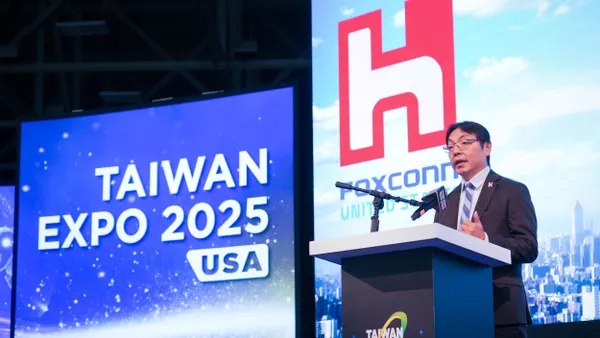Dive Brief:
- Pfizer will stop the construction of an upcoming Everett, Washington, factory it recently acquired from cancer biotech firm Seagen, the company confirmed to Manufacturing Dive in a statement.
- The move will impact approximately 120 employees who were setting up the site, the company said.
- Production of the intended oncology medicine products meant for the Everett site will be shifted to Pfizer’s Sanford, North Carolina, facility, which is currently being expanded to increase capacity.
Dive Insight:
Seagen initially announced the construction of the Everett site in 2022. The 270,000-square-foot biologics facility was going to make antibody-based medicines for both the commercial market and global clinical sites.
However, Pfizer decided to halt the project following an evaluation of its capacity needs and manufacturing network based on projected product demands, according to the company’s statement.
The halt in construction follows Pfizer's acquisition of biotech company Seagen for $43 billion in December, part of the pharma giant’s bid to further bolster its cancer drug pipeline.
“With one of the largest investments in Pfizer’s history, we are going all in on cancer with the goal of delivering breakthroughs that drastically improve the lives of people with cancer,” Pfizer CEO and chairman Albert Bourla said in a Dec. 14 press release announcing the closure of the deal.
Pfizer sees oncology drug manufacturing, such as the antibody drug conjugate technology that Seagen specializes in, as a huge growth driver for the future, the press release stated.
Late last month, Pfizer made more moves to expand its cancer drug segment, creating a new business unit dedicated to cancer research. The division houses experimental medicines Seagen and Pfizer discovered and acquired through various deals as well as marketed drugs both companies have sold for a variety of tumor types.
The oncology push follows a rough year for Pfizer due to fast-declining sales for its COVID-19 treatments and little growth elsewhere. Company shares lost 43% of their value, and Pfizer responded with a cost-cutting plan to reduce expenditures by $4 billion.



